Two brothers, Ágoston and Domokos Lázár have played in two Hungarian bands together (Esti Kornél* and Pegazusok Nem Léteznek**, latter dissolved in 2019). Apart from these, they also formed a duo which has been active for some years now. Last year, their first album was published, which is now followed by a live streamed release concert. We talked to the siblings about these recent news.
At your duo concerts, you usually played songs by your older formations. When did you realise that you can do more than this?
Ágoston: During those many years, we have collected many ideas that didn’t fit any of the bands, or only the Pegazusok which went inactive by then. After a few concerts, we discussed to write songs as Lázár Brothers. The first one was released almost two years ago.
Domokos: After this song came out, we decided to write more, so that we play original songs at our concerts, not the old band songs. It is still fortunate that we can play some songs by the Pegazusok after its dissolvement. We will play three of them at this concert. Pegazusok was very important for both of us, so we keep at least some of the songs alive at concerts, too.
I read that you chose some of Ágoston’s thirty demos to be included on the album. What was the main aspect of the selection?
Ágoston: These thirty ideas were already shortlisted from hundreds. Some of them have been around for 5-6 years.
Domokos: They were short themes, 1-1 minutes each, and I chose those where I felt the potential of a good song. We didn’t select on the basis of genre, so there are many different songs from chanson- or soundtrack-like stuff to campfire-style ones. I was open to anything. But then a certain mood started to show itself, and it was kind of different from the world of Esti Kornél or the Pegazusok.
Most of the album was recorded in Fonyód during the lockdown. Do you think the album would have been created the same way without the pandemic?
Domokos: The recording really belongs to the spring lockdown of 2020, and I’m sure we wouldn’t have had so much time to work on it without the virus. We had much more time for the details. For us, this has been the only positive effect of this period.
Ágoston: The selection process started last January. We had no idea what would come, so I guess we would have worked on it anyway, but surely in a slower, less concentrated way. And the lockdown also inspired some of the lyrics: Fonyód is at the Lake Balaton, so many of the songs feature waves, storm, wind, and similar words.
The Lake Balaton is a popular topic for Hungarian pop music. What is your favourite of these?
Ágoston: A song called The Sixties by Tamás Cseh, we love it, we even play it at our concerts. We loved it even before the Lake Balaton started to play such a huge role in our life. Our father taught us in Mezőtúr when we were little.
Domokos: Our grandparents had a weekend house here, so the lake has been present in our childhood, but we return there as adults as well. Since our parents moved to Fonyód some years ago, our relationship with the lake has been different. The Lake Balaton has strong cultural traditions, so it’s no surprise that it appears in many music videos, but there are also ferry concerts, or a documentary on music created at the lake called Balaton Method. This is the best place in Hungary, with many exciting details, especially outside the summer season. Now, after we have seen the lake all year long, we discovered how beautiful is when there are less people and more nature around.
I also read that the album contains “quarantine style songs”. Does this bother you?
Domokos: We didn’t promote it as a quarantine or lockdown album, I don’t think the latest period has influenced our lyrics too much.
Ágoston: The dark mood of being locked down has always been in our songs. You don’t need a pandemic for that. On the contrary: this album is much more optimistic, we haven’t been like that before. Maybe this shift is an effect of the Lake Balaton.
Domokos: I think we also changed a lot. People can be distressed about writing the same things over and over again, and this time I felt that I’m approaching the so-called life in a different way.
Ágoston: And this is the Lázár Brothers. It doesn’t have a certain musical personality that we have to adjust, like with the Esti Kornél. And we don’t have that certain type of rock singer voice.
Domokos: Esti Kornél features Áron Bodor who not only sings most of the songs but also writes lyrics. This artistic process is very important for us. But without him, it’s only the two of us, the dynamics between us to be taken into account, and this makes everything easier.
Will the Lázár Brothers continue to act like a band? Album, concerts, album?
Ágoston: This is no side project for us, this is a real band. Of course, we have just started to reach to the audience, so it has a different rhythm, a longer way, but it has a lot of potential.
Domokos: I feel the same. Your own songs remain yours, and it doesn’t matter what band you have, it’s still your soul. Journalists tended to speak about the Pagazusok as a side project, or maybe it was us who fed this interpretation, but it wasn’t one either. It rather had the issue that we couldn’t play too much. Eszter’s main profession wasn’t music, but when we did things together, it was very important for all of us. So I guess the Lázár Brothers will work like a band, it can live alongside the Esti Kornél, especially with the same management. This year is rather dedicated to the new album of Esti Kornél, but we won’t stop working as Lázár Brothers, and we hope to play the songs from the Hullámtörés in front of a real-life audience soon.
You could have organised online concerts from your Fonyód solitude, but you didn’t do that. Was that conscious?
Ágoston: There were so many online concerts already. We tried not to panic, but felt that some people stream music out of fear. We couldn’t really work with this format so we didn’t even try, but this time with the Müpa, we immediately said yes. We know that among the professional circumstances, this will be a terrific concert.
Domokos: It also felt strange for us. We have been missing the audience so much – that’s the essence of this whole thing. But this Müpa stream concert will be a special opportunity for us to release the new album. Of course, it will be very strange without the audience in the same space. But also last spring, we didn’t want to worry about whether we will be forgotten if we don’t play live. For instance, I’ve never been to a Radiohead concert, but I still listen to them, no matter whether they play in Bologna or Barcelona. But I would be happy with small concerts in open spaces at the end of this spring. I also enjoyed this part of last summer as well: there were some restrictions, but we could still play.
What and whom can we expect from your livestream at the Müpa on Thursday?
Ágoston: Our permanent supporter at concerts and long-time friend, Márk Csernovszky, will be on stage with us. He’s a student of composing at the Liszt Academy, and the author of the cello transcriptions on the album. We asked him to play my otherwise not-so-complicated melodies on the piano, and he will also play the metallophone.
Domokos: It was also him who introduced us to the two cellists, Janka Porkoláb and Áron Rátkay. They are very young, not even at university, but very talented musicians. We also prepare some visual parts and settings, so it will be like any normal concert with extras. The stream doesn’t change too much in our original plans. We haven’t done this before, so it might be strange to play for empty rows – maybe that’s the only part where we indeed have to prepare differently.
* Esti Kornél (literally: Cornelius Vespertine) is a fictional character and alter-ego of famous early 20th century Hungarian author Dezső Kosztolányi.
** The literal meaning of the band name is Pegasuses Don’t Exist.
Article: László Sallai
Translation: Zsófia Hacsek

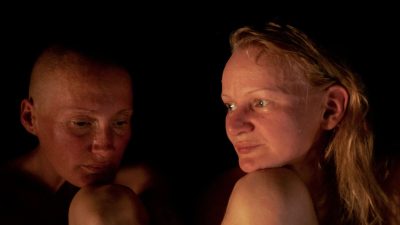
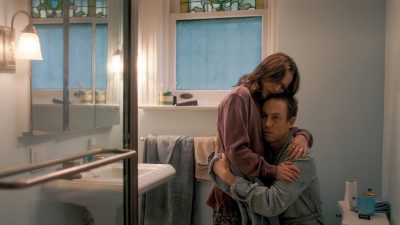
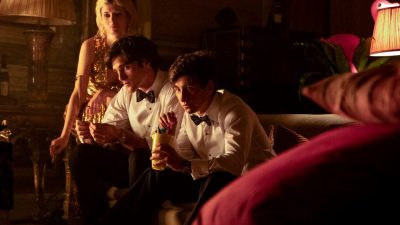
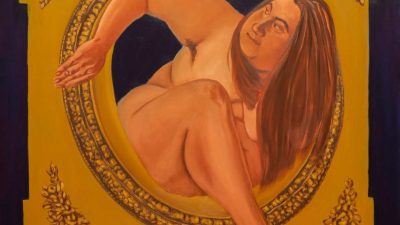
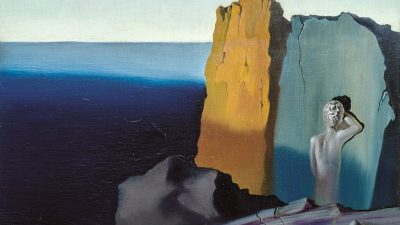
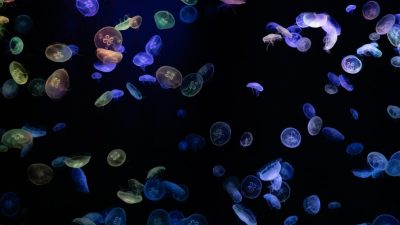


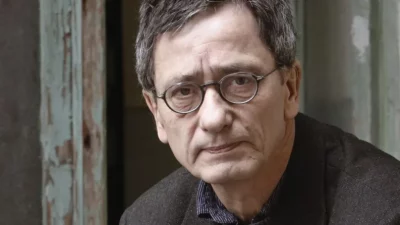



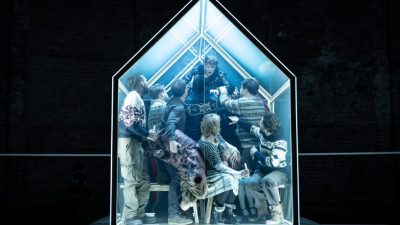
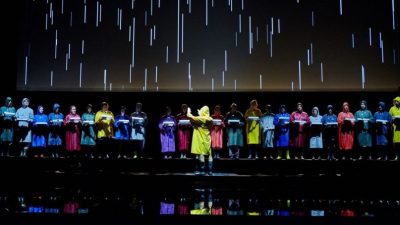


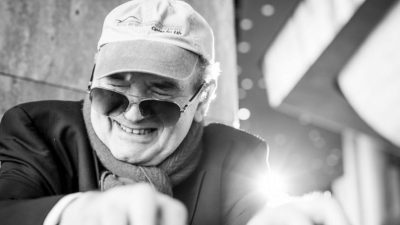


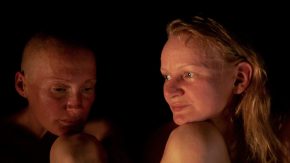
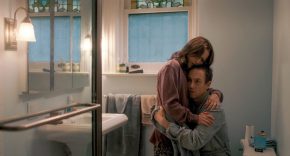
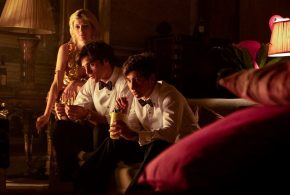
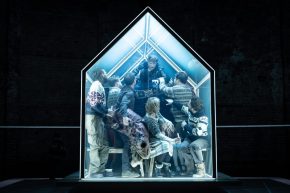
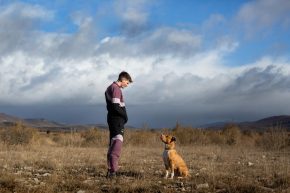
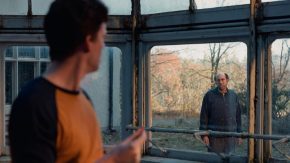
Comments